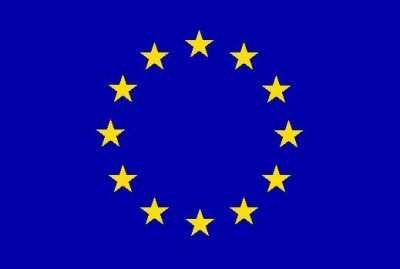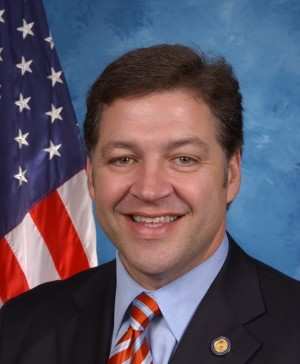No Enforcement On Non-European Carriers Until At Least 2017
The European Union has reversed its efforts to impose a carbon charge on American air carriers operating flights in and out of Europe through 2017.

EU ETS is a proposed emissions trading program that would levy a tax on U.S. airline carriers’ flights into and out of EU countries. It is related to European countries’ interest in reaching their own internal goals for carbon emissions. The EU program being considered would apply a “cap-and-trade” carbon tax system to all flights originating or landing in Europe—taxing even those emissions that occur over the United States, international waters, and elsewhere outside Europe. Remarkably, these taxes would not be set aside for a specific purpose, and could be used as part of the general fund of any European Union government for virtually any purpose.
The EU announced late last year that it would delay applying the EU Emissions Trading Scheme (EU ETS) to the aviation industry for one year to allow time for an international agreement. This week, the EU extended that delay through at least 2017.
The scheme had been opposed by members of the U.S. Congress, including Democrat Claire McCaskill (MO), who had previously joined with Republican Senator John Thune (SD), successfully passing bipartisan legislation to protect American consumers from the European Union (EU)’s illegal carbon tax on U.S. air travelers. The Senators subsequently urged the Administration to use all tools at their disposal to prevent the EU from moving forward with imposing such a tax.
“It’s a commonsense notion that Americans shouldn’t be forced to pay a European tax when flying in U.S. airspace,” McCaskill said. “It’s refreshing that common sense is prevailing with our European allies.”

In the U.S. House of Representatives, Transportation and Infrastructure Committee Chairman Bill Shuster (R-PA) (pictured), Full Committee Ranking Member Nick J. Rahall, II (D-WV), Aviation Subcommittee Chairman Frank LoBiondo (R-NJ), and Aviation Subcommittee Ranking Member Rick Larsen (D-WA), released a statement on the reversal.
“Aviation is a global industry and we are pleased the EU now appears to be focused on working with the international community rather than unilaterally imposing an emissions tax on other nations' air carriers.”
Last year, the bipartisan leaders of the Transportation and Infrastructure Committee and Aviation Subcommittee wrote to Department of Transportation Secretary Anthony Foxx urging him to protect U.S. aircraft operators from unfairly being subjected to the European Union’s Emissions Trading Scheme (ETS) while a global plan to reduce emissions is being developed.
Shuster, Rahall, LoBiondo, and Larsen were also instrumental in the passage of the European Union Emissions Trading Scheme Prohibition Act of 2011 (P.L. 112-200), legislation that directs the Secretary of Transportation to prohibit U.S. aircraft operators from participating in the EU’s aviation emissions cap and trade system. The law also instructs U.S. officials to ensure U.S. aviation operators are not penalized by any unilaterally imposed EU emissions trading schemes.
Reuters reports that the decision is preliminary, and still requires the approval of the European Parliament.
 Aero-News: Quote of the Day (12.18.25)
Aero-News: Quote of the Day (12.18.25) Classic Aero-TV: Viking Twin Otter 400--Bringing the DHC-6 Back Into Production
Classic Aero-TV: Viking Twin Otter 400--Bringing the DHC-6 Back Into Production NTSB Final Report: Rans Employee Flying Club Rans S-6ES Coyote II
NTSB Final Report: Rans Employee Flying Club Rans S-6ES Coyote II ANN FAQ: Submit a News Story!
ANN FAQ: Submit a News Story! ANN's Daily Aero-Term (12.18.25): Braking Action Advisories
ANN's Daily Aero-Term (12.18.25): Braking Action Advisories




